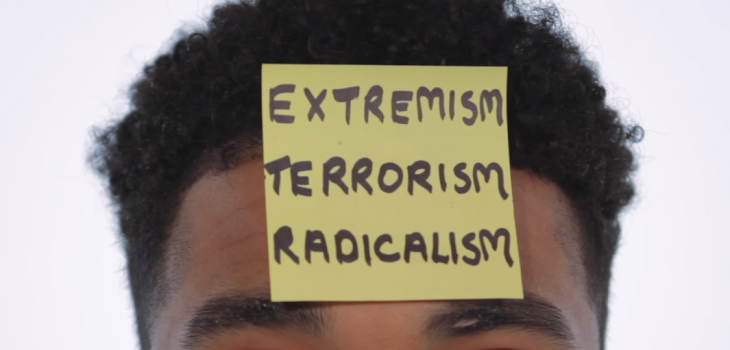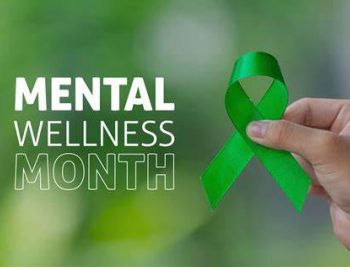 Uncategorized
Uncategorized
July 2022 – PREVENT: Risk of Radicalisation
Anyone can become radicalised, however, young people are more at risk of becoming radicalised due to a number of factors including:
• Low self-esteem
• Experiencing a traumatic event
• Family issues
• Questioning their place in society
• Struggling with a sense of identity
External factors play their part too, such as: community tension, events affecting the country or region where they or their parents are from, or having friends or family who have joined extremist groups. Exposure to one-sided points of view all contribute to the process of radicalisation.
What is Radicalisation?
Radicalisation is defined as the process by which people come to support terrorism and extremism and, in some cases, to then participate in terrorist groups.
Radicalisation does not happen suddenly; it is a gradual process which makes it harder for the person who is being radicalised to know what is happening.
What are the signs?
Radicalisation can be difficult to spot, but signs that could indicate a child is being radicalised include:
• a change in behaviour
• changing their circle of friends
• isolating themselves
• talking as if from a scripted speech
• unwillingness to discuss their views
• a sudden disrespectful attitude
• increased levels of anger
• increased secretiveness
• accessing extremist material online
• using extremist or hate terms
• writing or creating artwork promoting violent extremist messages
If you suspect someone is becoming radicalised it is vital that you report this to your local Multi-Agency Safeguarding hub, if you need support with this, please speak to Achieving Excellences safeguarding team.


